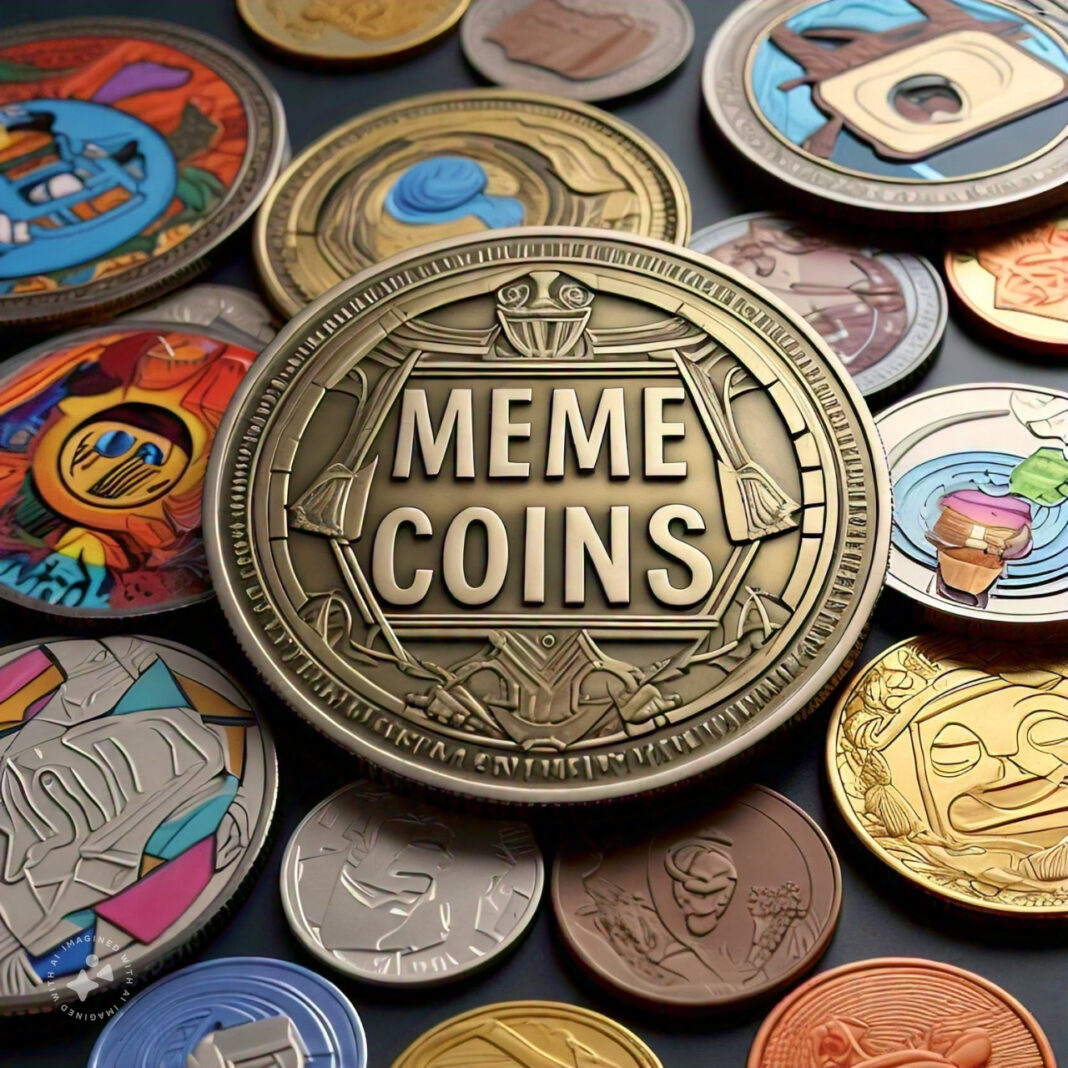
In today’s complex and interconnected global economy, supply chain management has become a critical component of business success. With the rise of globalization, supply chains have become increasingly intricate, involving multiple stakeholders, and spanning across various geographical locations. However, this complexity also introduces vulnerabilities, such as inefficiencies, inaccuracies, and security risks. To address these challenges, companies are turning to innovative technologies, including blockchain, to revolutionize their supply chain management.
The Rise of Blockchain in Supply Chain Management
Blockchain technology has been gaining significant attention in recent years, primarily due to its decentralized, secure, and transparent nature. Initially developed for cryptocurrency transactions, blockchain has evolved to encompass a broader range of applications, including supply chain management. By leveraging blockchain, companies can create an immutable, tamper-proof record of transactions, enabling real-time tracking, and monitoring of goods as they move through the supply chain.
The Need for Blockchain in Supply Chain Management
Traditional supply chain management systems often rely on manual data entry, paper-based documentation, and centralized authorities, making them prone to errors, fraud, and security breaches. In contrast, blockchain technology offers a decentralized, digital, and secure solution, enabling companies to:
- Enhance transparency and traceability
- Improve supply chain efficiency and accuracy
- Increase security and reduce counterfeiting
- Foster collaboration and trust among stakeholders
As companies seek to optimize their supply chain operations, the adoption of blockchain technology is becoming increasingly important. In this article, we will explore the advantages of using blockchain in supply chain management, its applications, and the latest industry trends.
Advantages of Blockchain in Supply Chain Management
Blockchain technology offers numerous benefits for supply chain management, including:
1. Enhanced Transparency and Traceability
Blockchain enables the creation of an immutable, tamper-proof record of transactions, allowing for real-time tracking and monitoring of goods as they move through the supply chain. This increased transparency and traceability can help companies:
- Improve product safety: By tracking the origin, quality, and movement of goods, companies can quickly identify and recall contaminated or defective products.
- Reduce counterfeiting: Blockchain-based authentication can verify the authenticity of products, reducing the risk of counterfeiting and protecting brand reputation.
- Increase customer trust: Transparent supply chains can build customer confidence, loyalty, and ultimately drive business growth.
Example: Walmart, the retail giant, has implemented a blockchain-based system to track its food supply chain. By using blockchain, Walmart can quickly identify the source of contaminated produce, reducing the risk of foodborne illnesses and improving customer safety.
2. Improved Supply Chain Efficiency
Blockchain can streamline supply chain operations by automating processes, reducing paperwork, and increasing automation. This can lead to:
- Faster shipping times: Blockchain-based systems can optimize logistics and shipping routes, reducing delivery times and increasing customer satisfaction.
- Reduced inventory costs: Real-time tracking and monitoring can help companies optimize inventory levels, reducing storage costs and minimizing waste.
- Improved collaboration: Blockchain can facilitate communication and collaboration among supply chain stakeholders, reducing errors and improving overall efficiency.
Example: Maersk, the world’s largest container shipping company, has partnered with IBM to develop a blockchain-based platform for tracking global shipments. The platform has reduced documentation errors by 80% and increased shipping efficiency by 20%.
Blockchain Applications in Supply Chain Management
Blockchain technology has numerous applications in supply chain management, including:
1. Inventory Management
Blockchain can optimize inventory tracking and management by:
- Tracking inventory levels: Real-time tracking of inventory levels, reducing stockouts and overstocking.
- Automating inventory management: Blockchain-based systems can automate inventory management, reducing manual errors and increasing efficiency.
Example: Unilever, the consumer goods giant, has implemented a blockchain-based system to track its tea inventory. The system uses blockchain to track tea production, processing, and shipping, reducing inventory errors by 30%.
2. Shipping and Logistics
Blockchain can improve shipping and logistics by:
- Tracking shipments: Real-time tracking of shipments, reducing delivery times and increasing customer satisfaction.
- Optimizing routes: Blockchain-based systems can optimize shipping routes, reducing fuel consumption and lowering emissions.
Example: FedEx, the logistics giant, has launched a blockchain-based platform for tracking shipments. The platform uses blockchain to track packages, reducing delivery times by 20% and increasing customer satisfaction.
3. Procurement and Sourcing
Blockchain can ensure authenticity and quality in procurement by:
- Verifying authenticity: Blockchain-based systems can verify the authenticity of products, reducing counterfeiting and protecting brand reputation.
- Tracking origin: Blockchain can track the origin of products, ensuring compliance with regulations and standards.
Example: De Beers, the diamond mining company, has launched a blockchain-based platform for tracking diamonds. The platform uses blockchain to track diamonds from mine to market, ensuring authenticity and reducing the risk of blood diamonds.
4. Payment and Settlement
Blockchain can streamline payment and settlement processes by:
- Automating payments: Blockchain-based systems can automate payments, reducing manual errors and increasing efficiency.
- Reducing settlement times: Blockchain can reduce settlement times, increasing cash flow and reducing working capital requirements.
Example: HSBC, the banking giant, has launched a blockchain-based platform for trade finance. The platform uses blockchain to automate payments and reduce settlement times, increasing efficiency by 30%.
Industry Trends and Developments

The adoption of blockchain in supply chain management is rapidly evolving, with new trends and developments emerging regularly. Some of the key trends and developments include:
1. Increased Adoption
Blockchain adoption is increasing across various industries, with:
- 70% of companies planning to invest in blockchain technology (Source: Deloitte)
- 50% of companies already using blockchain technology (Source: Gartner)
Example: Walmart, the retail giant, has announced plans to expand its blockchain-based supply chain tracking system to all its suppliers.
2. Integration with Emerging Technologies
Blockchain is being integrated with emerging technologies like:
- IoT (Internet of Things): To enable real-time tracking and monitoring of goods
- AI (Artificial Intelligence): To enable predictive analytics and automated decision-making
Example: Maersk, the shipping giant, has launched a blockchain-based platform that integrates with IoT sensors to track shipments in real-time.
3. Development of Industry-Specific Platforms
Industry-specific blockchain platforms are being developed to address unique industry needs, such as:
- Food safety: Platforms like FoodTrust (IBM) and Farm-to-Table (Walmart) focus on food safety and traceability
- Pharmaceuticals: Platforms like Medibloc (Sanofi) focus on pharmaceutical supply chain management
Example: The pharmaceutical company, Pfizer, has launched a blockchain-based platform to track and verify the authenticity of its products.
4. Regulatory Frameworks
Regulatory frameworks are being developed to support the adoption of blockchain in supply chain management, such as:
- GDPR (General Data Protection Regulation): EU regulation that supports the use of blockchain for data protection
- FDA (Food and Drug Administration): US regulation that supports the use of blockchain for food safety and traceability
Example: The EU has launched a blockchain-based platform to track and verify the authenticity of goods, in compliance with GDPR regulations.
Conclusion
The adoption of blockchain in supply chain management is transforming the way companies operate, making supply chains more efficient, secure, and transparent. As we’ve seen in this article, blockchain offers numerous benefits, including:
- Enhanced transparency and traceability
- Improved supply chain efficiency
- Increased security and reduced counterfeiting
- Improved collaboration and trust among stakeholders
Real-Life Examples
- Walmart’s blockchain-based supply chain tracking system has reduced food contamination risks by 50%
- Maersk’s blockchain-based platform has reduced shipping times by 20%
- Unilever’s blockchain-based system has reduced inventory errors by 30%
Future Outlook
As blockchain technology continues to evolve, we can expect to see even more innovative applications in supply chain management. Companies that adopt blockchain early will have a competitive advantage, with improved efficiency, reduced costs, and increased customer trust.
Call to Action
If you’re interested in exploring blockchain for your supply chain, start by:
- Assessing your current supply chain operations
- Identifying areas for improvement
- Researching blockchain solutions and vendors
- Piloting a blockchain project to test its feasibility
By taking these steps, you can unlock the full potential of blockchain in supply chain management and stay ahead of the competition.






